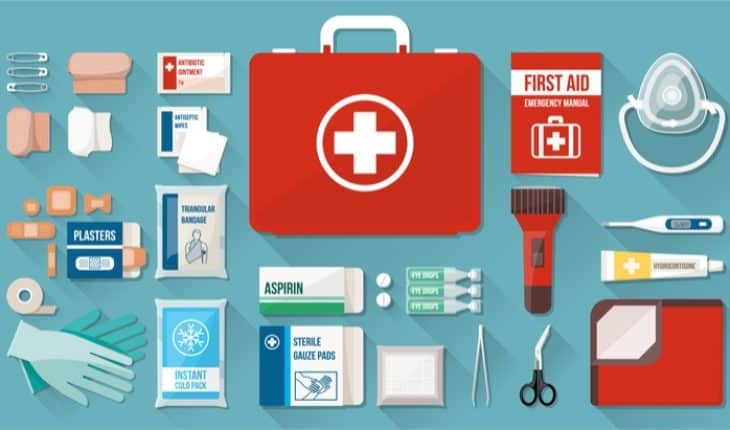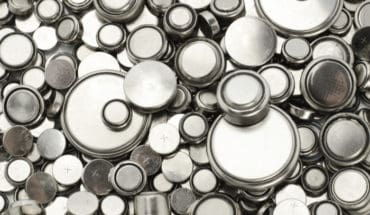It is vital that medication is only administered by staff appropriately trained and competent to give it, that it is always given according to written medical instructions and with written consent from the parent or legal guardian. The Children and Family Act 2014 provides guidance for schools and professionals working with children in a childcare setting to adhere to the legal requirements for medicine administration. This article outlines basic guidance for administering medication to children.
For more information, it is advisable that you take the full course which can be found on our website
General advice:
Honest communication is vital: Ensure that the child knows what to expect. Always be honest, if the medicine is likely to taste bad, or an injection will hurt a little, let them know that is the case.
Clear instructions: the medication must be in the original container and be accompanied with clear prescribing instructions.
Records: it is vital to keep a written record of all medication administered, what was given, dosage, who by and when.
Hygiene: always wash your hands before administering medication.
Giving liquid medication
Often liquid medication is easier to give to small children in a syringe – try to keep the child as calm as possible – holding them securely on your lap, it may be helpful to tuck one of their arms under yours.
- Shake the bottle,
- suck the appropriate dosage into the syringe
- Wash the syringe carefully after use
Tablets and capsules
- Always give the tablets according to the written prescribing instructions
- Have a glass of water ready for the child
- Encourage them to place the tablet or capsule at the very back of their tongue, tilt their head back and take a swig of water to wash the tablet down
Do not assume it is okay to crush or break tablets. Some tablets or capsules can be crushed, however, some tablets have a special coating to ensure they are absorbed at the most appropriate time – or to protect the delicate intestine from damage. Crushing these sort of tablets can cause serious harm. Therefore, tablets or capsules should only ever be crushed or broken if the pharmacy has advised that this is safe to do so. If not, leave the tablets whole.
Ear drops
Position the child into either of these positions, with the ear you are treating facing upwards:
- With the child’s head tilted back and to one side
- With child flat on his or her back
- Administer the medication according to the written instructions
Eye drops
For administration of eye drops, position the child into either of these positions:
- Tilt the child’s head back
- Lay the child flat on his or her back, looking up at the ceiling
- Give the prescribed number of drops into each eye, using a different labelled dropper for each eye.
Eye ointment
Eye ointment is likely to be used for a short-term treatment, so it is important to be aware of the expiry dates, as these ointments are not long-lasting (often just 4 weeks).
Good advice is to lay the child flat on their back, eye ointment is not easy to administer and for very young children, it may be easier for two people. One to reassuringly hold the child, whilst the other administers the ointment.
Inhalers
In the event of an asthma attack, it is important to remain calm and reassuring. Panic can increase the severity of an attack. Always follow the written prescribing instructions on the inhaler. It is the blue reliever you need in an asthma emergency. (Brown, green and other coloured inhalers are usually steroid based inhalers that control the person’s asthma and reduce the likelihood of them experiencing an attack).
Adrenaline auto-injectors
Adrenaline auto-injectors are used to administer adrenaline in case of an anaphylactic reaction. There are three different brands of auto-injector. The most common is Epipen, but Jext and Emerade autoinjectors are routinely prescribed too.
They all contain adrenaline and are all injected in a similar way.
To administer an autoinjector:
- Hold the injector in your dominant hand, with the other hand remove the safety cap
- Put the injector firmly into the upper outer part of the casualty’s thigh and hold it there for 10 seconds (new Epipen’s only need to be held in place for 3 seconds)
- Remove the autoinjector
- They should begin to improve within a few minutes
- If they continue to get worse, or do not show signs of improvement, you may need to give another injector
- Adrenaline is metabolised quite quickly, therefore the affects can begin to wear off within about 10 minutes.
Ensure the emergency services have been called and be ready to give a second autoinjector if necessary.
The auto-injector can be given through clothes (avoid seams).
To remember:
Always phone an ambulance
Storage of Medication:
Appropriate storage and care of medicines; medication deteriorates if it goes out of date or isn’t stored correctly. Therefore, it is vital that you adhere to the storage instructions and abide by the expiry date.
All medication should be securely stored and kept out of reach of children.
Always follow the instructions on the packaging provided by the pharmacist.
Eye drops should be discarded according to instructions – usually disposed of within 10 days of opening and stored in the fridge.
- What is a seizure? - 13th March 2025
- Febrile Convulsions and Seizures in Children - 13th March 2025
- Why women are less likely to receive CPR or survive cardiac arrest - 6th March 2025







